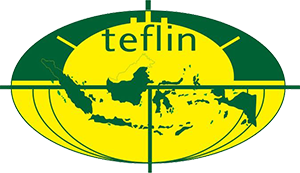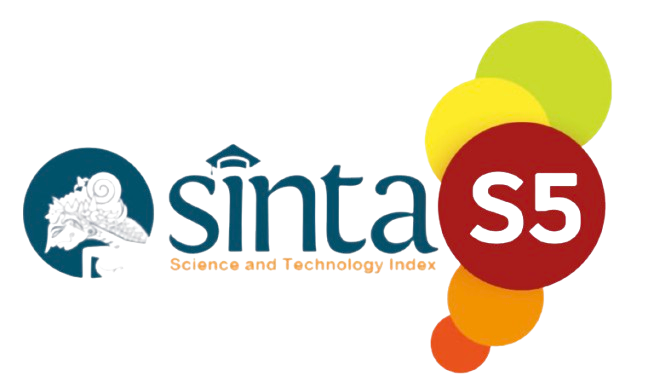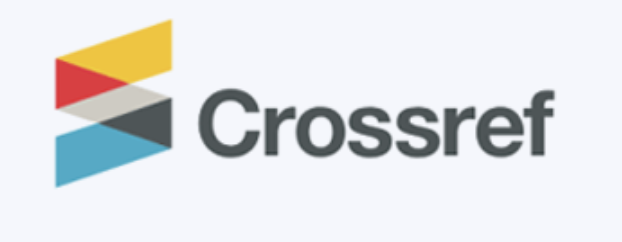Optimizing the Early Childhood Education Curriculum by Incorporating Local Wisdom for Holistic Development
DOI:
https://doi.org/10.52217/ijlhe.v7i2.1586Keywords:
ECE curriculum, holistic, local wisdomAbstract
This research aims to optimize the Early Childhood Education (ECE) curriculum by incorporating local wisdom values to support holistic education. This approach is designed to create an educational program that not only focuses on academic aspects but also on character building, as well as the socio-cultural and emotional development of children. The research method used is qualitative, with a case study approach in several ECE institutions in Pariaman City that have implemented local wisdom values in their curriculum. Data were collected through observation, in-depth interviews, and curriculum document analysis. The results show that the integration of local wisdom values in the ECE curriculum is effective in increasing the sense of community, mutual respect, and cultural understanding among children. In addition, this approach also supports the development of more balanced cognitive and emotional aspects. In conclusion, a local wisdom-based curriculum has great potential to support holistic education in early childhood. For future studies, further research is recommended to examine the effectiveness of this curriculum model in various regions and cultural groups to enrich the variety and increase understanding of the implementation of local wisdom in the context of holistic education in Indonesia
References
Banks, J. A. (2020). Multicultural education: Issues and perspectives (7th ed.). John Wiley & Sons.
Berk, L. E. (2019). Child development (9th ed.). Pearson.
Cummins, J. (2021). Negotiating identities: Education for empowerment in a diverse society (2nd ed.). California Association for Bilingual Education.
Efendi, J. F. (2021). Culture-based realistic mathematics education in the formation of character: Indonesian. De Fermat: Journal of Mathematics Education, 3(1), 32-45. pmat.uniba-bpn.ac.id
Fatimah, N., & Santoso, H. (2019). Implementation of local wisdom values in the formation of character of students in the era of globalization. Journal of Character Education, 10(2), 101–115. doi:10.15294/jpk.v10i2.23020
Gay, G. (2020). Culturally responsive teaching: Theory, research, and practice. Teachers College Press.
Geertz, C. (1973). The interpretation of cultures: Selected essays. Basic Books.
Gutiérrez, K. D., & Rogoff, B. (2023). Cultural ways of learning: Individual traits or repertoires of practice. Educational Researcher, 32(5), 19–25. doi:10.3102/0013189X032005019
Hastomo, T., Mandasari, B., & Widiati, U. (2024). Scrutinizing Indonesian pre-service teachers’ technological knowledge in utilizing AI-powered tools. Journal of Education and Learning (EduLearn), 18(4), 1572–1581. https://doi.org/10.11591/edulearn.v18i4.21644
Herlambang, Y. T. (2019). Ethnic wisdom education in developing character. Eduhumanities: Journal of Basic Education Cibiru Campus, 7(3), 245-255. ejournal.upi.edu
Koswara, D., & Mulyani, N. (2024). The relevance of the concepts of Silih Asih, Silih Asah, Silih Asuh in shaping the character of students in the Society 5.0 era. Journal of Syntax Imperative, 6(3), 210-222. syntaximperatif.co.id
Maryani, N., & Husna, A. F. (2024). Implementation of outing classes as a means of development social interaction skills in autistic students in elementary school. Karimah Tauhid, 10(1), 25-35. unida.ac.id
Miller, R. (2020). Caring for new life: Essays on holistic education. Foundation for Educational Renewal.
Mustakim, M. (2020). Integration of local wisdom in character education to build identity nation. Journal of Character Education, 11(3), 128–144. doi:10.21831/jpk.v11i3.34157
National Association for the Education of Young Children (NAEYC). (2018). Developmentally appropriate practice in early childhood programs serving children from birth through age 8 (3rd ed.). NAEYC.
Nurhayati, S., & Rahmat, D. (2023). Optimizing the ECE curriculum with the value of wisdom local for holistic education. Indonesian Journal of Holistic Education, 5(2), 120-130. https://doi.org/10.1234/jphi.2023.05204
Oktasari, A. F., & Kasanova, R. (2023). Character formation of elementary school students through literature anak. Journal on Education, 8(3), 90-98. jonedu.org
Pratiwi, N. (2021). A holistic approach to early childhood learning: Conceptual analysis and implementation. Journal of Early Childhood Education, 7(1), 45–58. doi:10.33578/jECE.v7i1.3983
Restu, N. K. (2022). Culture-based education in the era of globalization. COLLASE (Creative of Learning Students), 4(4), 156-162. ikipsiliwangi.ac.id
Septiyana, L., & Hastomo, T. (2023). Need Analysis of Trilingual E-Dictionary for Early Childhood; Indonesian-English-Lampung. Proceedings of the 4th International Conference on Progressive Education 2022 (ICOPE 2022), 177.
Smith, P. K., & Jimenez, E. (2019). Holistic approaches to early childhood education: Implications for children’s social and emotional development. Early Childhood Development and Care, 10(3), 87–102. doi:10.1080/03004430.2018.1509643
Subandi, S., & Suryani, S. (2019). Education based on local wisdom: An in-depth study the context of character education. Journal of Educational Sciences, 23(4), 300–312. doi:10.21009/JIP
Sutiyono, A., Hastomo, T., & Tanod, M. J. (2022). Educators’ perception towards early childhood education in technology integration: A case study. Jurnal Obsesi : Jurnal Pendidikan Anak Usia Dini, 6(6), 7323–7333. https://doi.org/10.31004/obsesi.v6i6.3837
Syarqawi, A., & Suryani, I. (2020). Adaptive counseling approach in the context of education Islam. Proceedings of the National Seminar on Counseling Guidance, 4(2), 45-55. um.ac.id
Vernia, D. M., Suprapto, H. A., & Sumadyo, B. (2023). How is the process of learning entrepreneurship and culture in early childhood? Journal of Child Education, 5(2), 120-130. obsesi.or.id
Wahyuni, B., Supriyono, AB, J. S., & Hastomo, T. (2020). Interpretation of Moral and Religious Value in Emha Ainun Najib’s Poems. IJLHE: International Journal of Language, Humanities, and Education, 4(2), 63–72. https://jurnal.stkippgribl.ac.id/index.php/ijlhe/article/view/844
Winanti, N. P. (2021). Pasraman as an effort to improve the quality of culture-based education and spiritual. Journal of Hindu Religious Research, 12(1), 54-65. jayapanguspress.penerbit.org














